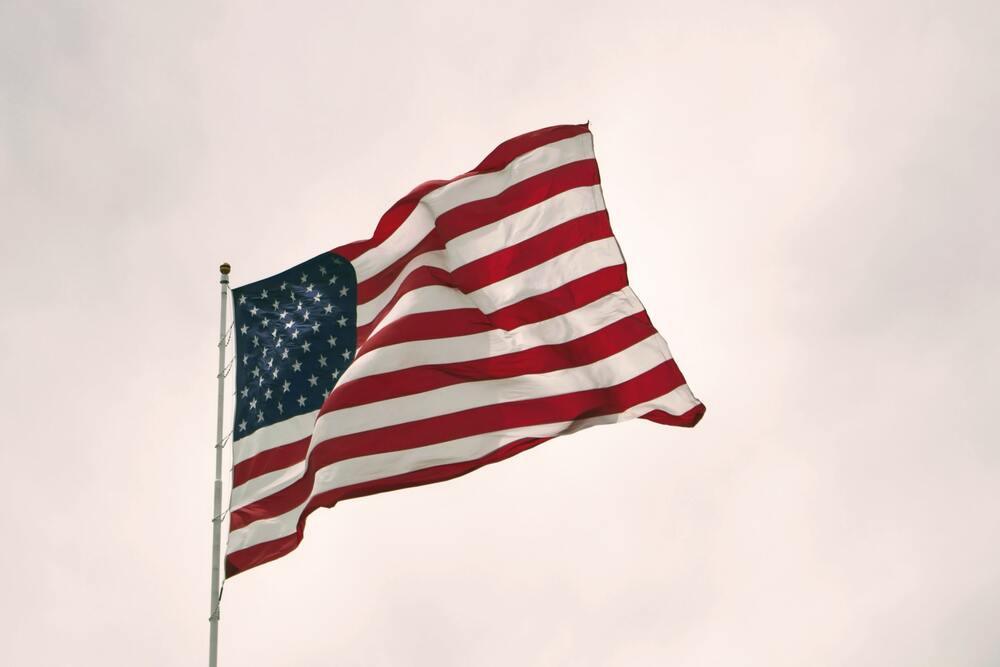Additional Contributors from the MMUN Team: Diana Brebeanu, Marko Vehauc, and Rohan Kumar.
In 1948, U.S. President Dwight Eisenhower was quoted saying, “[T]he reason we call it ‘free world’ is because each nation in it wants to remain independent under its own government and not under some dictatorial form of government.” (D. Tierney, 2017) Yet to consider the United States the leader of this ‘free’ world would be a contradiction of the term itself. Time and time again, America has demonstrated a lack of respect for both the sovereignty of other nations and towards its own democracy, while often neglecting to lead in necessary situations. Thus, one is led to wonder if America can really be considered the leader of the free world.
One of the better-known examples of American interference in foreign sovereignty began in November 1970, when Salvador Allende was inaugurated as the President of Chile. The great significance of this event: Allende was decidedly socialist. Early in his presidency, he took steps to nationalize the country’s copper industry and redistribute income downwards. Despite being elected to a fixed term and therefore having his own country’s consent to govern, Allende lacked the apparently crucial consent of the CIA. Thus, he died of a gunshot during an American-backed coup in 1973. Allende’s role as a democratically elected socialist in a country located in America’s backyard was fragile to begin with. The American ambassador to Santiago celebrated this event by telling Henry Kissinger, former US Secretary of State, that “we shall do all within our power to condemn Chile and the Chileans to utmost deprivation and poverty.” (H. O’Shaughnessy, 2013)
The United States succeeded in doing this for 15 years after Allende’s death. Summary executions, “unexplainable” disappearances, and political suppression were all fixtures of Chilean president Augusto Pinochet’s violent regime, which received both military and financial support from the American government. The hope that Chile was an isolated incident of American misjudgement would be misplaced. In Iran, Guatemala, Zaire, and Brazil, the United States has provided both military and monetary aid towards removing democratically elected leaders in favour of brutal military juntas or outright dictatorships.
Naturally, this raises the question: What sort of country would overthrow a democratically elected leader and replace them with a brutal despot? Most observers would agree that any action of this sort would exempt any country from bearing the moniker “leader of the free world.”
It seems that, in addition to placing themselves where they shouldn’t be, the United States, especially under Trump, has found ways to remove themselves precisely from where they should be. From the time of his election in 2016, Donald Trump made a concerted effort to do what can only be described as worsen climate change. His rollbacks of 104 environmental policies, though reversible, have unarguably caused massive damage to the global climate. This damage cannot be undone.
Perhaps the most telling evaluation of American damage to climate under Trump comes from Michael Gerrard of Columbia Law School. “Donald Trump has been to climate regulation as General Sherman was to Atlanta.” General William Sherman burned Atlanta to the ground. On the global scale, Trump also removed the United States from the Paris Climate Accord, at a time when their rivals and allies alike pledged to meet ambitious emissions goals. This trend shows no signs of declining.
Regardless of Joe Biden’s climate change policies, it’s unlikely that any Republican president would preserve or build on such policies, as seen in George Bush’s prompt exit from the Kyoto Protocol following his election. In a country where the Republican Party is very much alive and thriving, there is little to no guarantee of significant climate action for any substantial amount of time.
This outright disregard for the world and humanity as a whole should, by any standard, prevent the United States from being regarded as the “leader of the free world.” However, perhaps more than anything, the greatest barrier between America and this title is that it can hardly be considered a free country.
On the surface, the idea of free elections doesn’t seem complex: citizens voicing their political opinions via the ballot. Yet it seems the United States has a problem with this, given their recently increased usage of a wide arsenal of voter suppression techniques.
One of the largest examples of this is felon disenfranchisement. Most states prevent felons from voting even after they are out of prison for a time, and some states prevent convicted felons from voting for life. Estimates place the number of Americans deprived of the right to vote by this at 4.7 million, 77% of whom are no longer in prison (A. Rao, 2019). One could also reasonably state that this is a racist policy, with African American voters four times more likely to be barred from voting than other Americans.
This and other practices, such as voter purging and gerrymandering, contribute to the finding that, compared with other liberal democracies, the United States is ranked second-to-last on an electoral integrity index maintained by Harvard University and the University of Sydney.
The most important fact is that this pattern does not stop with the United States. Many different forms of hypocritical self-marketing in nature is present all throughout the world, whether it be the propagation of a country’s unprecedented prosperity or a company’s laudable ethics. The societal complacency that follows diminishes our ability to hold these enterprises accountable and consequently halts advancement. Therefore, it is by developing a deep awareness of these societal flaws and thinking for oneself, that true evolution and ethical leadership can take shape. Perhaps with these characteristics in mind, a country that is a true global leader will one day emerge.
Photo by Joshua Hoehne, from Unsplash.
